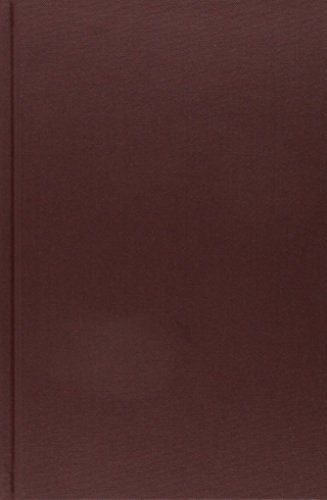
The Confessions of a Number One Son The Great Chinese American Novel
In the early 1970s, Frank Chin, the outspoken Chinese American author of such plays as The Chickencoop Chinaman and The Year of the Dragon, wrote a full-length novel that was never published and presumably lost. Nearly four decades later, Calvin McMillin, a literary scholar specializing in Asian American literature, would discover Chin’s original manuscripts and embark on an extensive restoration project. Meticulously reassembled from multiple extant drafts, Frank Chin’s “forgotten” novel is a sequel to The Chickencoop Chinaman and follows the further misadventures of Tam Lum, the original play’s witty protagonist. Haunted by the bitter memories of a failed marriage and the untimely death of a beloved family member, Tam flees San Francisco’s Chinatown for a life of self-imposed exile on the Hawaiian island of Maui. After burning his sole copy of a manuscript he believed would someday be hailed as “The Great Chinese American Novel,” Tam stumbles into an unlikely romance with Lily, a former nun fresh out of the convent and looking for love. In the process, he also develops an unusual friendship with Lily’s father, a washed-up Hollywood actor once famous for portraying Charlie Chan on the big screen. Thanks in no small part to this bizarre father/daughter pair, not to mention an array of equally quirky locals, Tam soon discovers that his otherwise laidback island existence has been transformed into a farce of epic proportions. Had it been published in the 1970s as originally intended, The Confessions of a Number One Son might have changed the face of Asian American literature as we know it. Written at the height of Frank Chin’s creative powers, this formerly “lost” novel ranks as the author’s funniest, most powerful, and most poignant work to date. Now, some forty years after its initial conception, The Confessions of a Number One Son is finally available to readers everywhere.